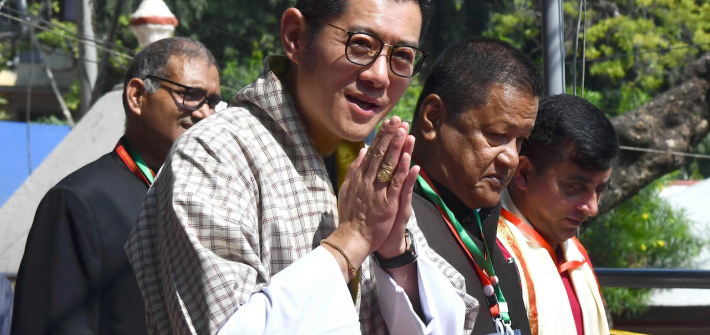Indian proponents of Buddhist diplomacy have four strategic goals as they eye Bhutanese movements between New Delhi and Beijing
diplomacy
The Buddhist Circuit’s Significance and the Legacy of Buddhism in Bangladesh
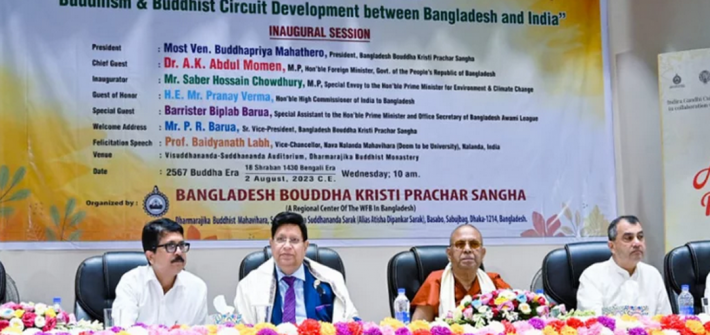
Overtures from Bangladesh’s foreign minister seeks to re-establish a new circuit between Bangladesh and India
State Sangha: Buddhism for the People
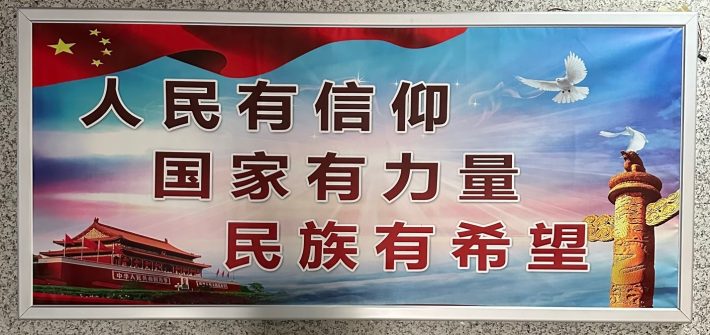
Unpacking the Chinese government’s phrase, “When the people have faith, the country has strength, the nation has hope”
The Shanghai Cooperation Organization: A New Platform for Buddhist Diplomacy?
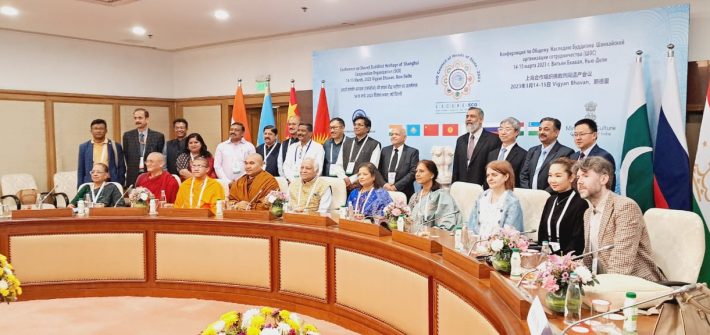
The world’s largest multilateral body could be a platform of a renewed Buddhist diplomacy by India and other countries
Telo Tulku Rinpoche in Pakistan: Modern Leader Greets Ancient Echoes
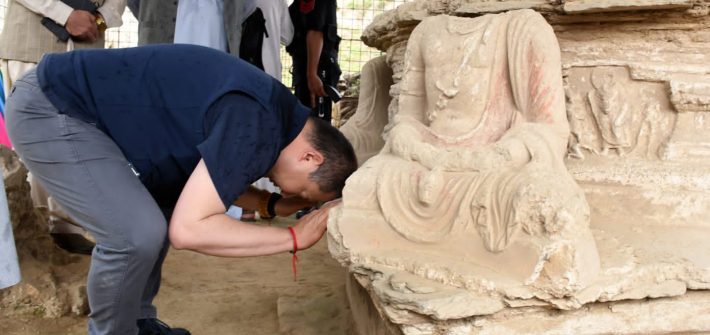
Telo Tulku Rinpoche’s visit to Buddhist sites in Pakistan reflects his openness and independence as a Dharma leader and teacher
The Buddha, India, and Shanghai Cooperation Organization countries: Sharing knowledge, culture and civilizational links
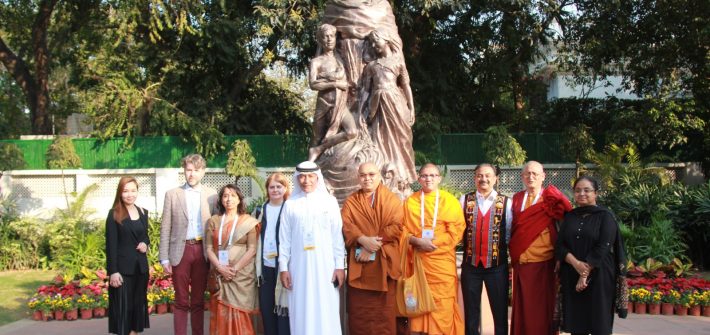
India’s presidency of the Shanghai Cooperation Organization brings Buddhist heritage into the fold of the body’s multilateral dialogue
Shinzo Abe (1954–2022) – Japanese Buddhist diplomacy is now an open question
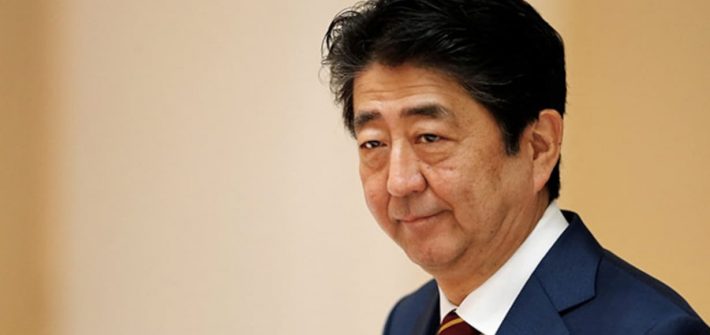
The assassination of the former Japanese PM is a blow to Japanese Buddhist diplomacy
Buddhism in International Relations: The Sino-Indian Relationship
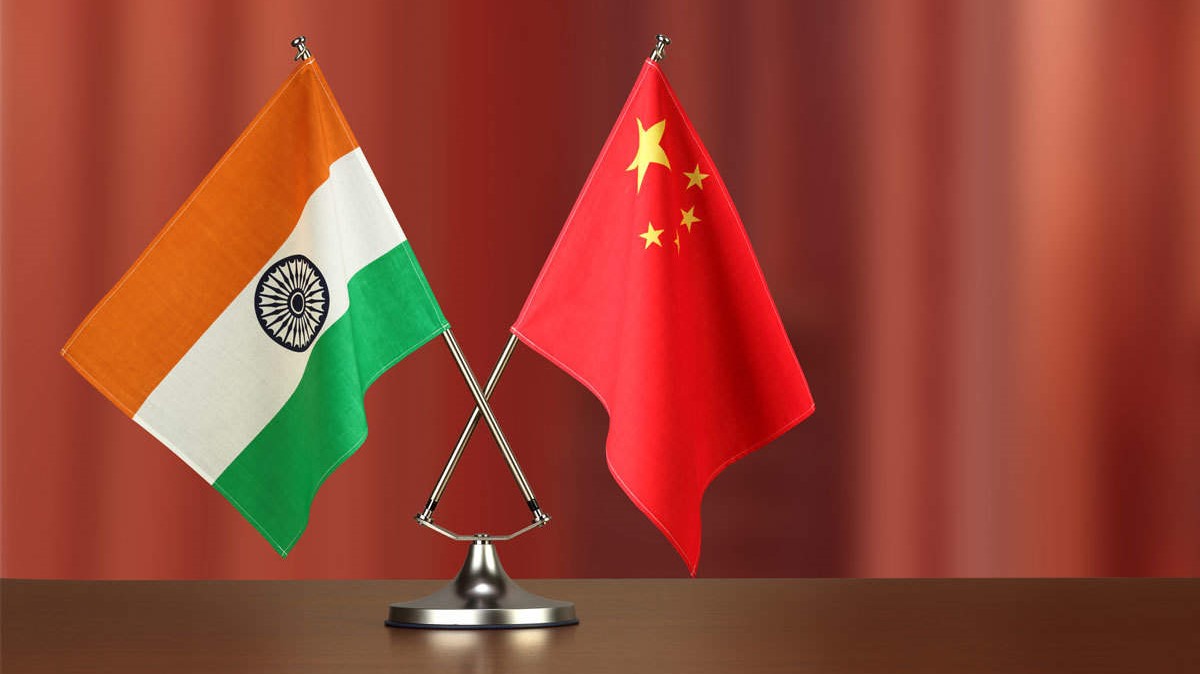
This series on Buddhism and international relations by Durgesh Kasbekar is a modified series from an essay “Buddhism in International Relations” by the same author. International relations and global politics are often absent from reflections about Buddhism in academia. This series aims to provide a small corrective and highlight how Buddhism affects and is affected by […]
Mongolia’s Buddhist Diplomacy and India’s Union of Religious and Foreign Policy

The Vivekananda International Foundation (VIF), along with Indian, Japanese, and Mongolian partners, hosted its third Samvad (which, in Hindi, means “dialogue”) conference in Ulaanbaatar over last Friday and the weekend. As reported in BDG’s news article on the conclave, Mongolian political and religious leaders took this event very seriously. In his closing speech on the […]
A Circle of Buddhist Democracies: India’s Buddhist Strategy for Asia
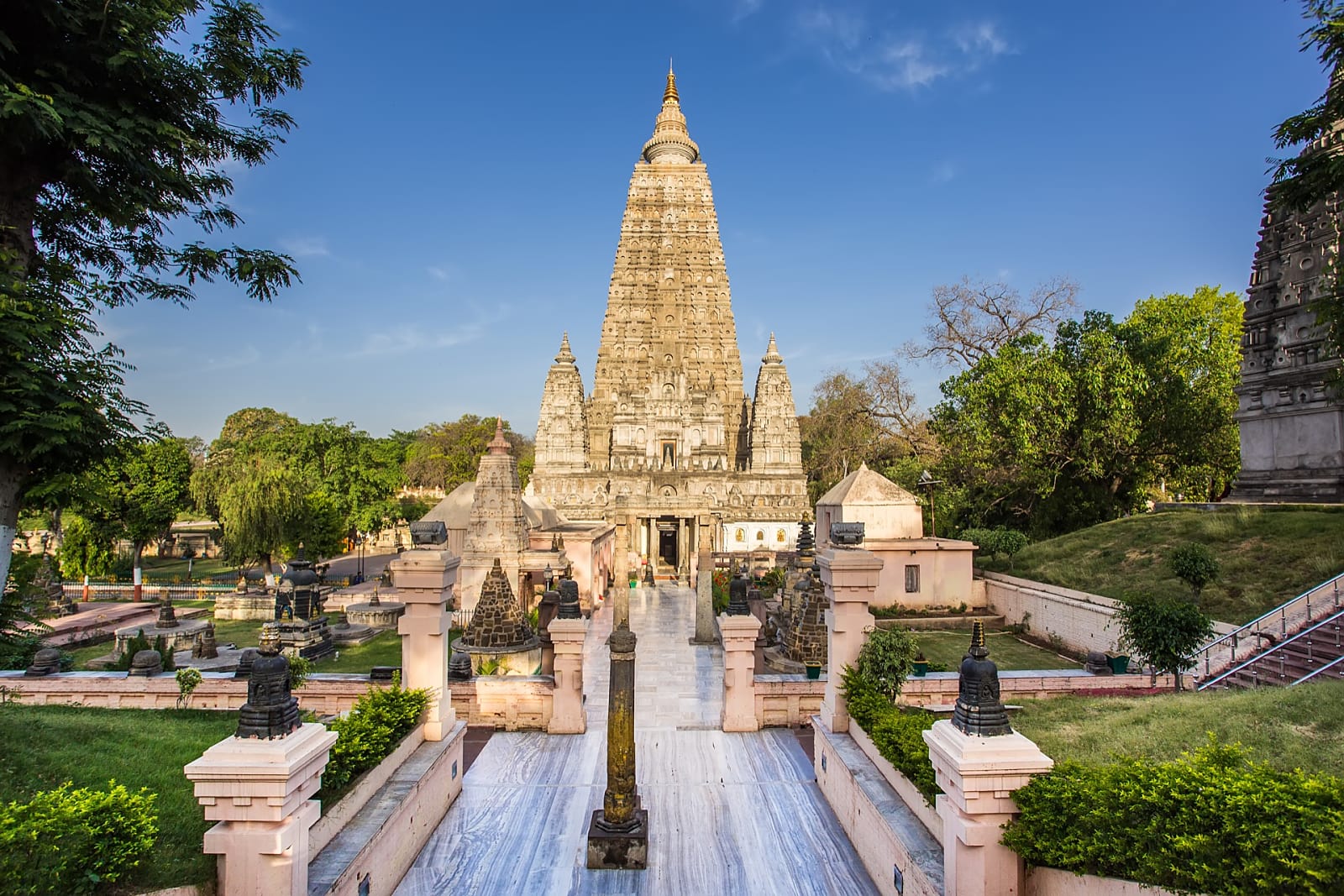
In May’s Indian elections, PM Narendra Modi’s BJP fared considerably well, indirectly securing a mandate for its Buddhist diplomacy. This “quiet” exercise of power began several years ago in September 2015, with the Vivekananda International Foundation’s (VIF) first Samvad conference. For this event we were taken to the diplomatic enclave of Chanakyapuri in New Delhi, […]

